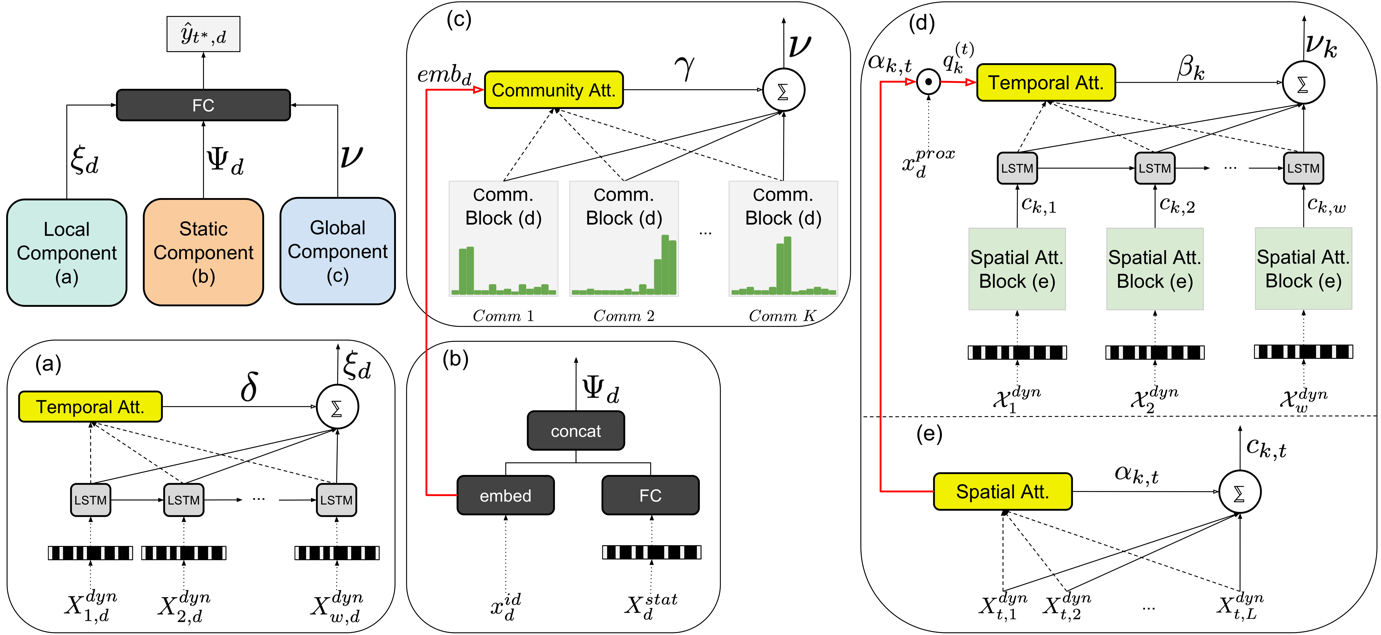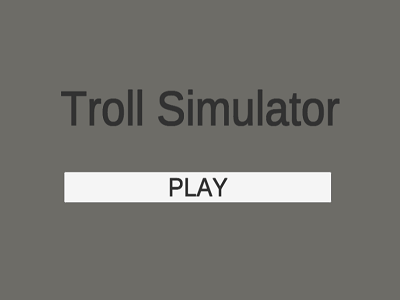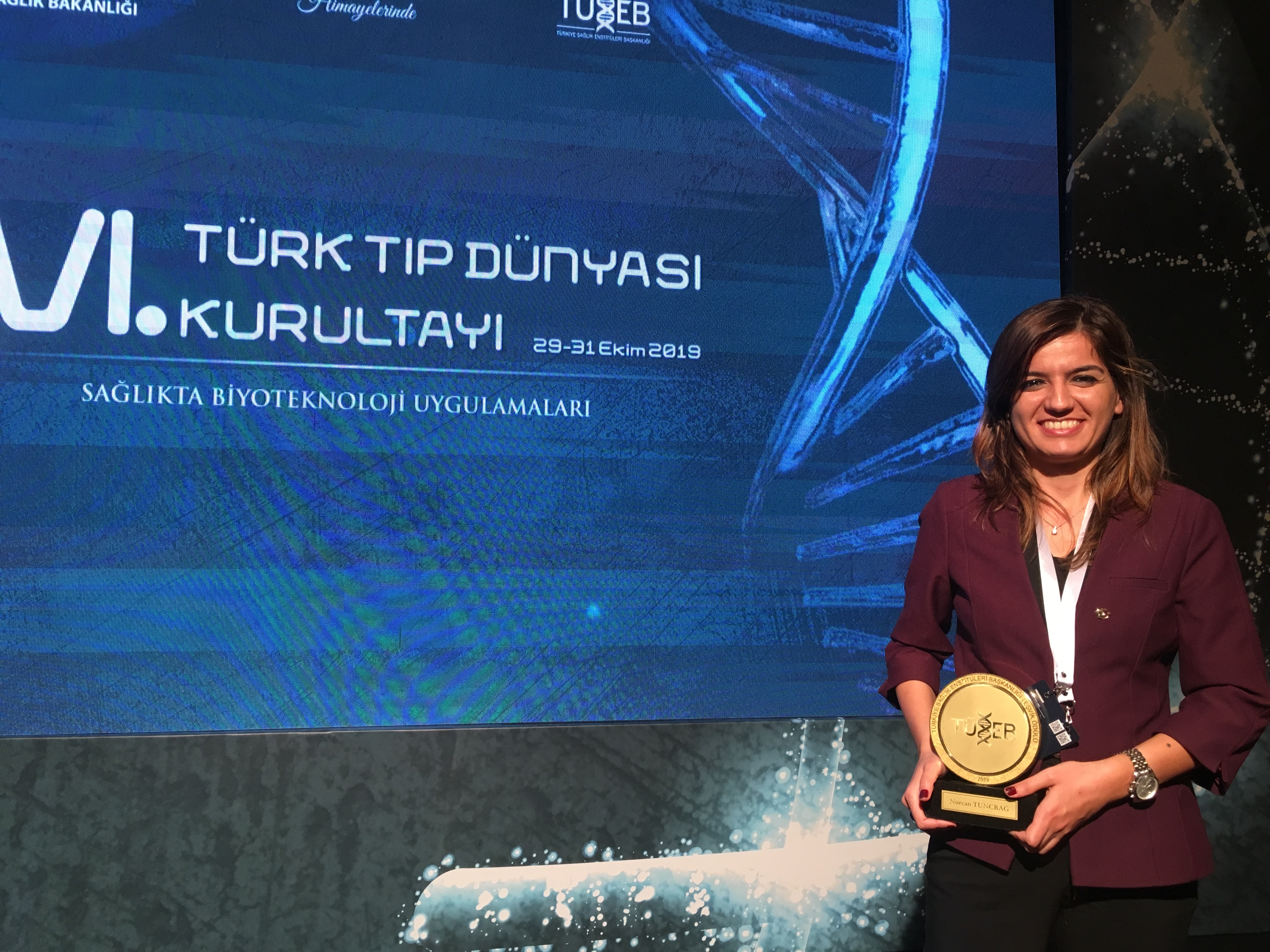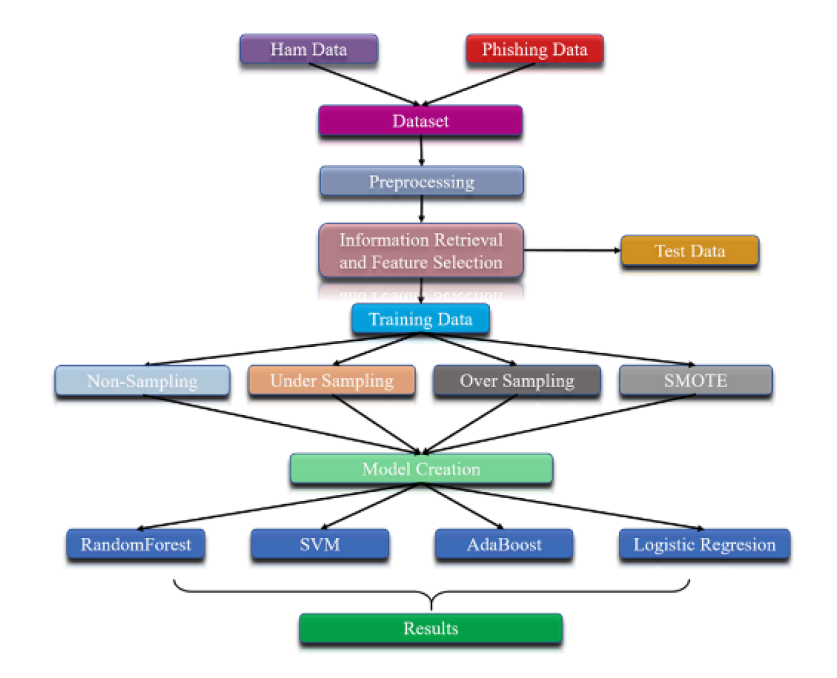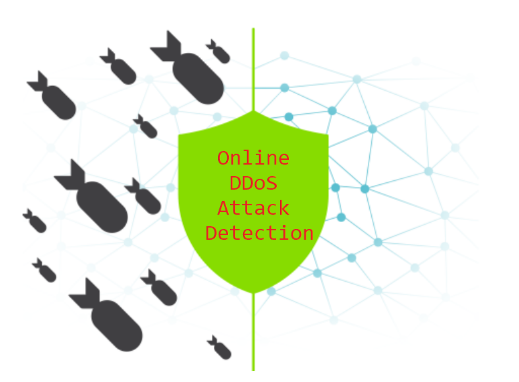PhD Candidate: Ali Mert Ertuğrul
Program: Information Systems
Date: 20.11.2019 15:30
Place: Conference Hall 1
Abstract: The relationships between individual activities and societal events (e.g. migrations, social movements) are complex due to the various social, temporal and spatial factors. Understanding such relationships in the context of various societal events such as street protests and opioid crisis, and forecasting these events is important as they have great impacts on public policies and supporting decision making of authorities. In this thesis, novel, spatio-temporal, deep neural networks are proposed (i) to forecast societal events and (ii) to help examine the relationships between societal events and their social and geographical contexts. The proposed models are designed to model the complex interactions between local (observed from within a location) and global (observed from all locations) activities by incorporating a new design of attentional networks. They are capable of forecasting the occurrence of future societal events and allow for interpreting what features, from which places, and how they contribute to event forecasting. Within the scope of this thesis, extensive experiments are conducted to evaluate the proposed networks on two different types of population-level societal events, namely social movements and opioid overdoses, with multiple datasets. The results indicate that the proposed models achieve superior forecasting performance than the compared methods. Also, they provide meaningful interpretations in terms of (i) what local and global activity features are more predictive, (ii) what locations have more salient contributions, and (iii) how these locations contribute to forecasting the subsequent events.
